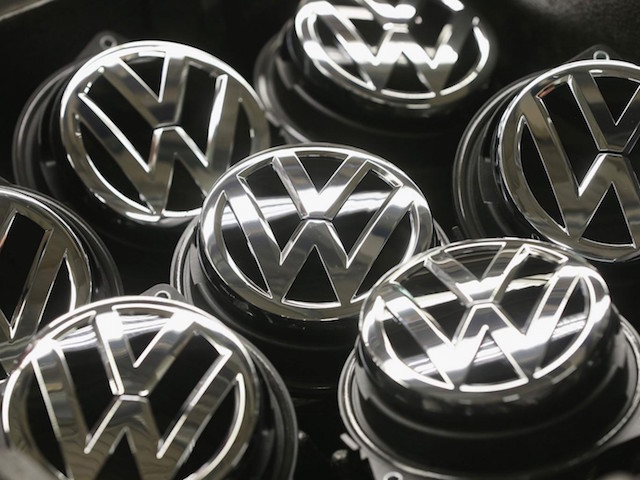
No indication NZ owners of affected VW vehicles are seeking legal action
The US Justice Department is suing Volkswagen over the emissions scandal, saying it is the first step in “bringing VW to justice” for trying to circumvent America’s clean air laws.
The lawsuit was filed in a federal court in Detroit, Michigan, on behalf of the US Environmental Protection Agency (EPA). It said: “The complaint alleges that nearly 600,000 diesel engine vehicles had illegal defeat devices installed that impair their emission control systems and cause emissions to exceed EPA’s standards, resulting in harmful air pollution.”
It seeks more than US$32,000 in penalties per vehicle, potentially adding up to more than US$18 billion. It follows an investigation by US regulators in September last year after tests on VW diesel vehicles showed distorted readings of nitrous oxide emissions.
VW later admitted it had fitted 11 million vehicles globally with a cheating device that was able to recognise emission test conditions and adjust the engine settings accordingly.
About 7500 VW Group vehicles – VWs, Audis, Skodas – in New Zealand carried the device. They each use a 2.0-litre four-cylinder diesel engine codenamed EA189 and made between 2009-15.

VW is also facing separate criminal charges, and a raft of class-action lawsuits filed by VW owners, including one in Australia on behalf of more than 90,000 owners.
There is no indication New Zealand owners of affected vehicles are looking at legal action. Consumer NZ chief executive Sue Chetwin has said they would need to show under the Consumer Guarantees Act that they had been hurt financially.
“They could certainly say that VW has falsely advertised that its vehicles meet emissions standards,” she said. “However, to actually make a claim against VW they’d need to demonstrate that they’d suffered damage or loss.
“It doesn’t seem to me that they have, although it’s conceivable, albeit unlikely, that the resale price (of the vehicle) could be affected, and if that turns out to be the case they may have the basis for a claim.”
Ms Chetwin said any fix the VW Group made to emissions software would constitute a repair and that would discharge VW’s obligations under the Act.
The US lawsuit also alleges that VW “violated” clean air laws by selling cars that were different in design from those originally cleared for sale by the EPA.
Said assistant administrator Cynthia Giles for the EPA’s Office of Enforcement and Compliance Assurance: “With today’s filing, we take an important step to protect public health by seeking to hold Volkswagen accountable for any unlawful air pollution, setting us on a path to resolution.
“So far, recall discussions with the company have not produced an acceptable way forward. These discussions will continue in parallel with the federal court action.”
VW has put aside billions of dollars to deal with the fallout and has changed management and personnel. Martin Winterkorn resigned as chief executive and was replaced with Matthias Mueller, the former boss of Porsche.
Meantime, VW supplier and fellow Germany company Continental believes demand for diesel vehicles in North America, China and Japan, markets where VW wanted the fuel to gain a foothold, will shrink because of the scandal.
Continental executive Elmar Degenhart told a German newspaper that electrified powertrains and hydrogen fuel-cell vehicles are more likely to have better future sales than diesels.
